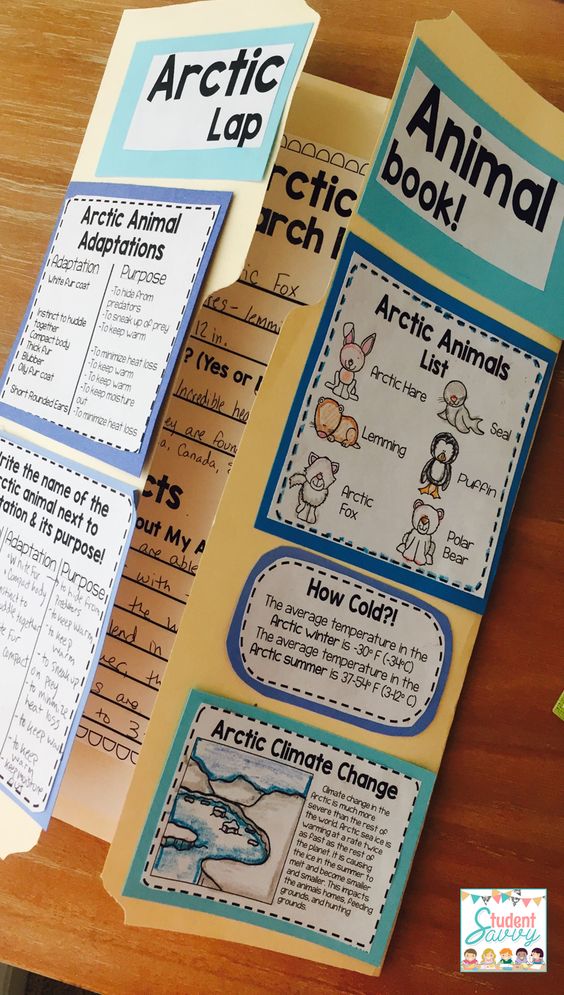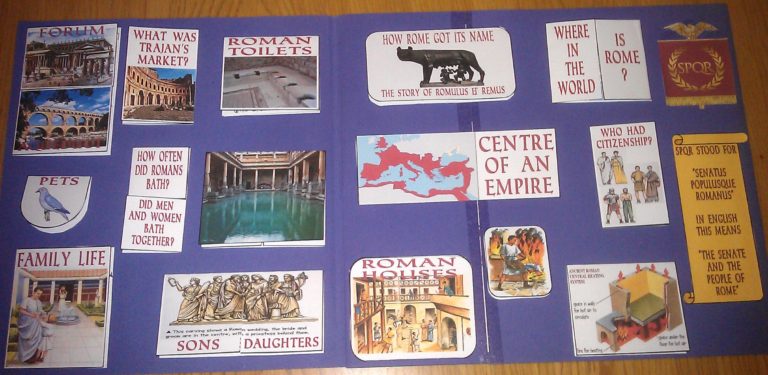The Tinkling Class
The Tinkling Class is a creative and stimulating educational space for kids of 9 to 11 in Danang. Our students are encouraged, inspired and guided to explore and research various topics in science and daily life. With a content-based syllabus, we also use subject matter as a vehicle for English learning.
Each Tinkling Class has the maximum of 4 students and there are only 2 classes at the same time. This ensures that the teacher understands thoroughly every student' inclinations, abilitíe and preferences, which enables them to customize the program for each student.
Therefore, our program is specifically designed so that a student can embrace their own learning and development pace depending on their interests and capabilities at the time. There is neither peer pressure nor, vice versa, being delayed by other students.
1. Content-Based Learning
With the approach of content-based and contextualized learning, we instruct our students to acquire English "naturally" or automatically. Since students can link between English and what they already know, they can make greater connections between topics, elaborations with learning material and can recall information better. It also gives students the ability to explore their interests, thus they will learn out of passion.
Unit Study
- The main content of each lesson is constructed into a specific unit study. These unit studies are designed to provide students with useful knowledge.
- The unit studies are distributed into two major areas, Daily Life and Life Sciences, and are scheduled alternatively during the course.
Story-Telling Method
- The knowledge of each unit study and assignments is connected and weaved into a story. The content of that story is generated from the spontaneous co-creativity of both students and the teacher.
- From the beginning until the end, students will be the main composer to unfold the story while the teacher will assist and suggest.
Extracurricular Activities
- Field trip: a trip to the landmarks of Danang, which is cuturally, historically or naturally enriching
- Guest experts: a casual but thorough talk between a guest expert and students, in which the guest will share about their career and answer the students' questions
Daily Life
- Greetings
- Introduction about oneself (name, age, etc.)
- Numbers and time
- Asking for information at a restaurant, book store, grocery store
etc.
Khoa Học Đời Sống
- Insects
- Fundamental human anatomy
- Dinosaurs
- The Solar System
etc.
2. Students Taking The Initiatives
To pick their preferred unit study
- Within the Daily Life area, students will go through most of the topics selected by the teacher because these topics are likely to happen in casual conversations. However, students can lay out different matters, questions, perspectives, etc. and the teacher will help them to describe in English.
- For the Life Sciences area, the whole class will vote on their next unit study.
To adjust their own study pace
- The Tinkling Class is specifically designed so that all of the students can learn together in a positive and productive manner, no matter which level they are at. We go the extra mile to make sure that the slow learners don't feel the unnecessary pressure from their fast-learner peers. In return, those who grasp new concepts and ideas quickly don't have to wait for their classmates to catch up.
- For each unit study, all of the students will learn the same amount of core knowledge. After that, each of them can choose some add-on packages which suits their interests, abilities and availability. The teacher will construct activities which can include all of them.
- The number and level of the add-on packages a student chooses at one point will not create any precedent. They are encouraged to pick anything they want for the following unit studies. Also, it won't set up a mirror for other classmates who take fewer than they do.
- We understand that a young mind has a lot of things going on. Learning in one class can't be the most important all the time.
3. Creative and Strategic Thinking
Lapbook
Lapbook is an educational portfolio which is used to present information in a creative and logical way. After each Life Sciences' unit study, students will have a session of making their own lapbook to comprehend what they have learned. The process of planning, arranging and presenting information in a lapbook will help them to practice strategic thinking and information connecting instead of simply mesmerizing parrot-fashion.


Creative Art Project
- For every study unit, each student has his/her own project, of which they will practice how to establish all of the essential steps. The student will carry out this project independently.
- The final outcome will be presented in a form of an artwork, be it a poem, a song, a paper model, a clay model, a picture, etc. It is completely up to students and their preferences to reflect what they learned.
- During the project, students are encouraged to use recycle and green materials to realize their idea.
- Students will present their works on a Presentation Day after finishing a unit study. Their parents and anyone they would like to invite can attend these Exhibition Days with a prior notice sent to the teacher.
4. Parents Playing An Active Role
One of the prioritized goals and most critical characteristics of this approach is to form a tight bond between students and their parents. With that goal in mind, we are keen to suggest and assist parents to use English learning tools and an appropriate approach method for their child.
Detailed Report After Each Unit Study
After finishing a unit study, we send out an email providing its detailed content. Therefore, it will be easier for parents to follow what their child has studied after a certain period and to establish suitable assignments at home.
Tools and Homeworks
- We are eager to introduce to parents the useful and accessible tools to learn with their children as well as in-depth instructions on how to utilize these tools. For example, they can use the Oxford Learner Dictionary to look up words' definitions and pronunciations, Google Translate to practice listening and speaking skills, other resources specialized in songs, movies and various kinds of content.
- At the beginning of a study unit, parents will receive a pack of suitable assignments which includes picture books and where to find them, audibo books, minibooks, music videos, poems, science videos on reputable channels such as the National Geographic, BBC World, etc. Parents should use these resources to make a schedule for learning with their child.
Parents-Teacher Conferences
Once every month, the teacher will invite parents to a meeting to discuss their child's progress and suggest any changes if needed.

